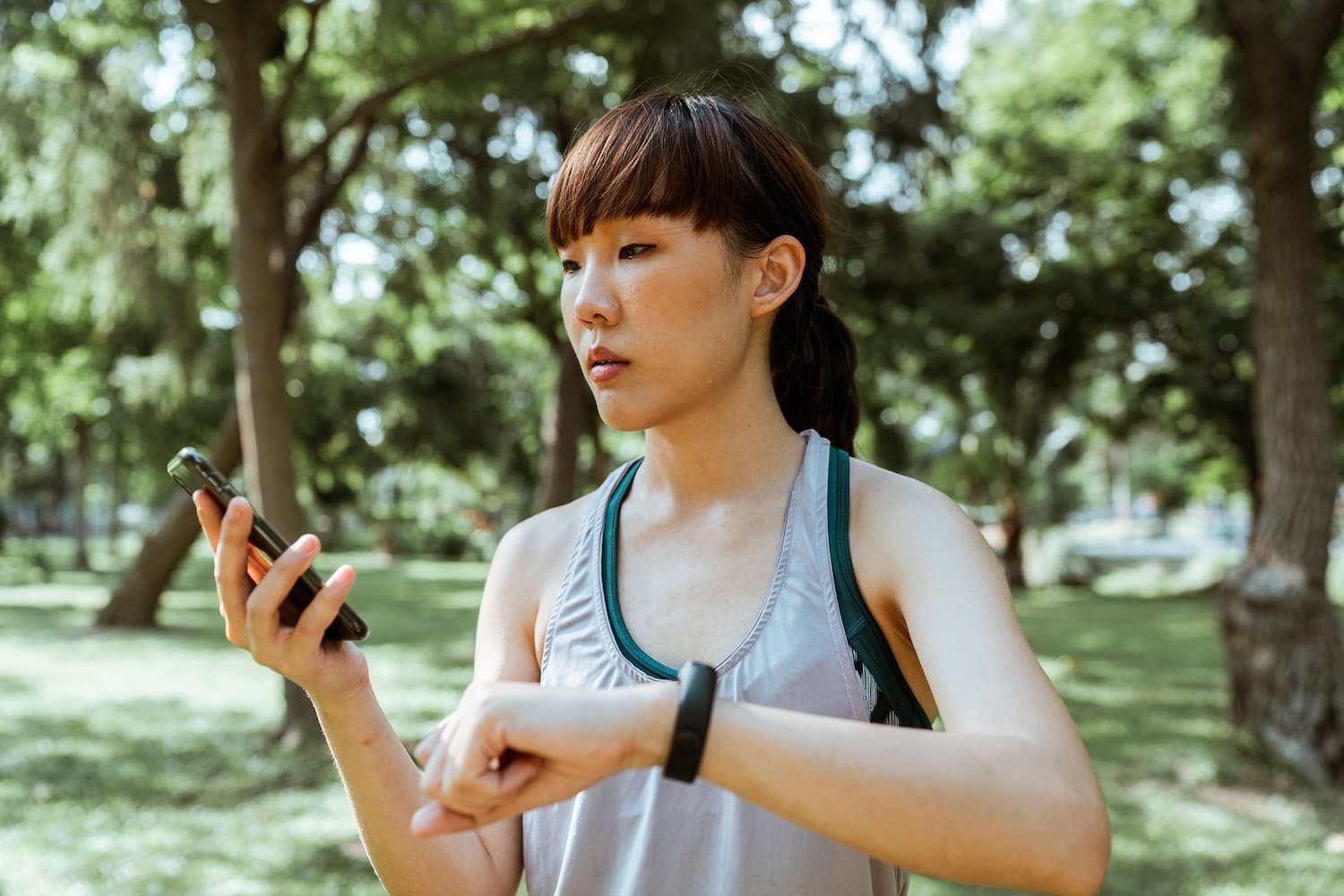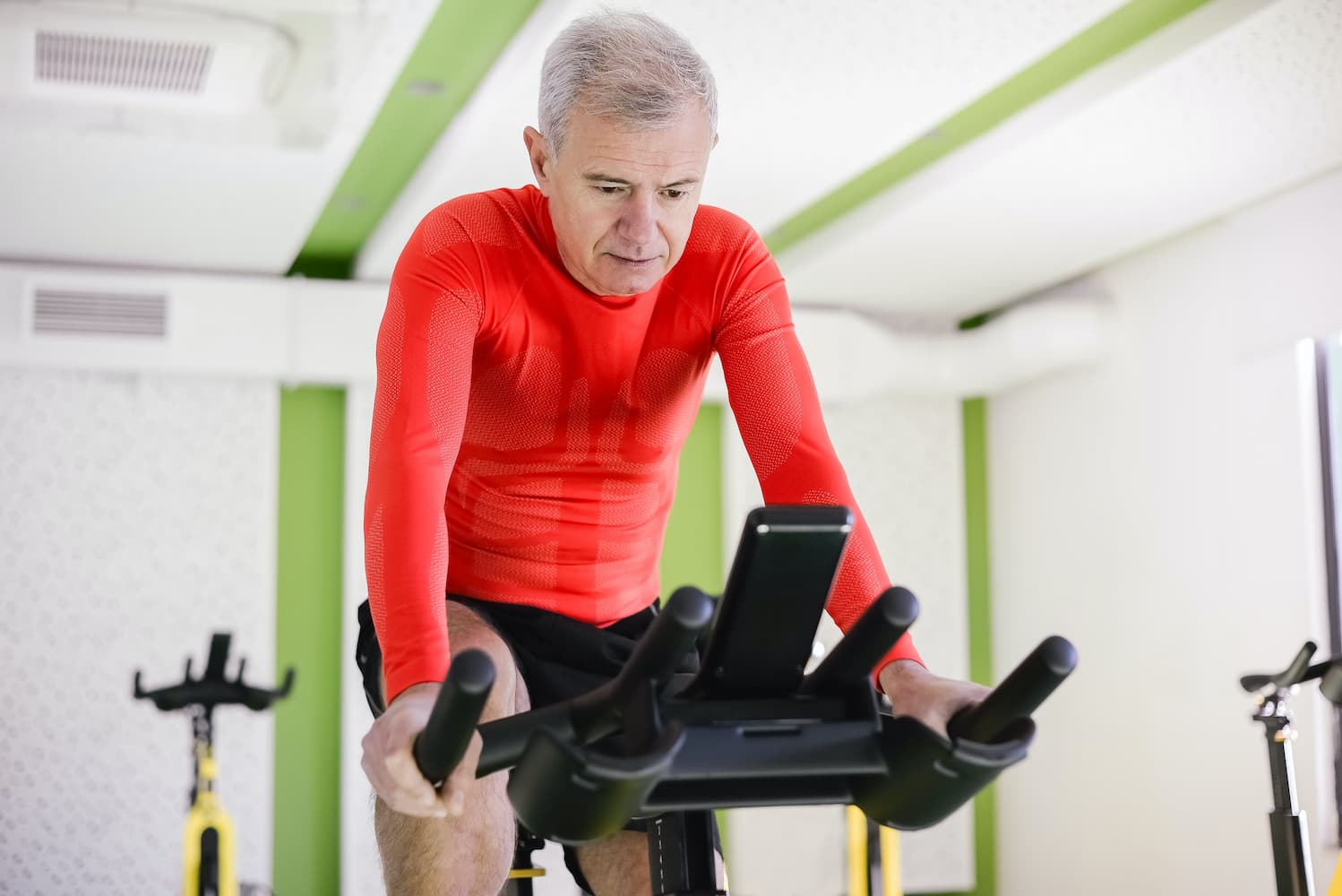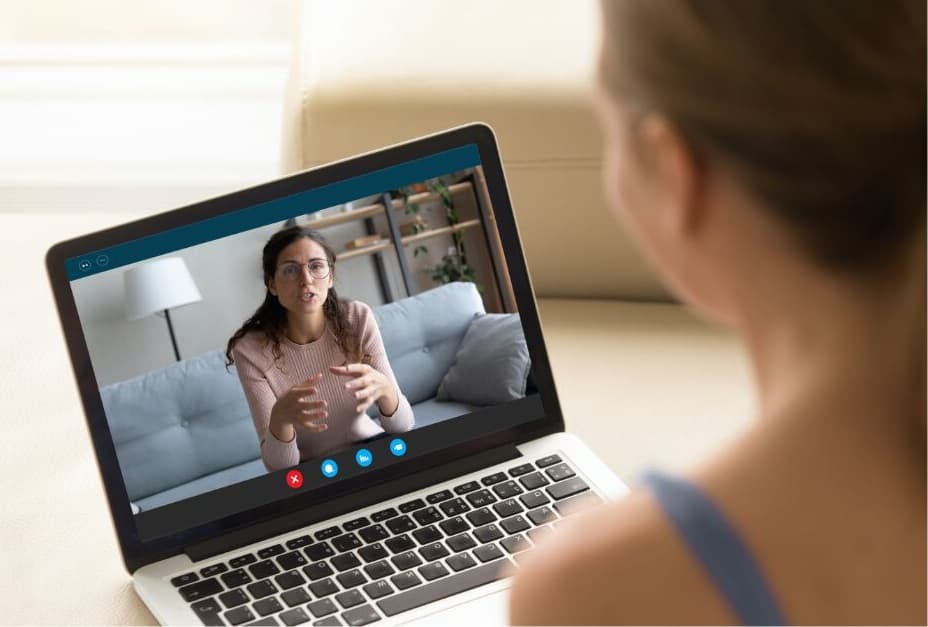
The technological revolution has changed the way people do most things in life, including exercise. Wearable fitness technology, smartphone applications and virtual gym classes have given everyone that much-needed motivation to get out of bed every morning to lose weight, build muscle strength or simply engage their minds and bodies in some physical activity to feel and look great.
There's no denying that fitness technology has indeed turned the tide and morphed even the most inactive individuals among us into a health nut. But, do you really need technology to improve your body's shape, strength as well as your physical activity levels? Read on to find out.
Wearable Fitness Trackers
Wearable devices have been very popular among fitness enthusiasts long before the COVID-19 pandemic happened. However, it wasn't until 2020 that the world saw a massive adoption of wearable technology. Their ability to collect information from the user's body is what drove people to purchase all sorts of smart devices, ranging from fitness trackers and biometric T-shirts to sleep and heart rate monitors.
The real-time data that these devices collect allows users to create a personalised workout plan tailored to their fitness goals as well as monitor their progress along the way. Users can send the data on their wearable fitness devices to their smartphone applications to determine the total calories or body fat that they've burnt or how much they've walked by getting a precise calculation of their steps per day. These trackers basically allow people to set clear-cut goals. And because working out alone can get boring sometimes, many smartphone apps have been integrated with a social networking feature that allows users to interact with each other.
![]()
AI-Enabled Apps
Many fitness apps use artificial intelligence (AI) to ensure users always get the gym experience that they want at the click of a button. AI fitness apps allow you to choose a workout program that suits your fitness level. Many of these also have the built-in function of identifying your strengths and weaknesses so that you can reach your goals. So, even if you're just working out in your living room, you can feel the intensity of your activity and track your progress as you go.
Smart Gym Equipment
Miss pedaling the stationary bike in your neighbourhood gym? You can have your own indoor bike at home, one that you can not only pedal but also stream live fitness classes through a built-in monitor. However, the cost of this equipment is no joke. So, unless you plan to exercise forever indoors, it would be best to weigh the pros and cons of investing in expensive gym equipment before handing over your hard-earned cash or credit card. If you just want to do cycling, not to mention indoors, then perhaps buying a Peloton bike is worth it. However, if your home gym is just a temporary thing, you're better off riding a real bike and getting some fresh air.

Wellness Apps
Want to reduce your stress levels and improve your sleep cycle while getting measurable results? Downloading wellness apps onto your mobile phone allows you to engage in meditation sessions to calm your mind, body and spirit even on the toughest days. You can also use these apps to analyse and improve your sleep quality so that you always wake up feeling well rested.
Telehealth
Your fitness journey can never be complete without the provision of healthcare services and remote monitoring by professional health professionals. Your exercise behaviour does not only mirror your level of commitment, but it also reflects the overall state of your organs, tissue, muscles and brain. While a fitness tracking technology can calculate the distance you've travelled and your body mass index, there's no way it can justify whether or not the workout program you're on is good for your mind and body. It's only by consulting a doctor, a dietitian, a personal trainer, a cardiologist or an exercise therapist, among others, that you can actually know if what you're doing is right for your physical and mental health.

So, while a heart rate monitor can motivate you to do more on the treadmill, it cannot tell you if your workout program is actually suited for your heart. The same is true with calorie counters. You can monitor the calories you burn day in, day out, but if you consume processed food regularly, your efforts will go to waste. You don't need any expensive gadgets to be able to consult certified health professionals. You can book a session via phone or through an online communications platform.
Wearable activity trackers, smartphone applications and other forms of technology that fitness businesses have rolled out, and will continue to roll out, are definitely a game-changer. They have significantly improved the way people look at their health and reduced the world's physically inactive populations. However, before you invest in new, shiny wearable devices on the market, it would be best to identify your specific needs and decide how far you're willing to go for the sake of achieving a fit, healthy body.
|
Do you have a natural health & wellness business? |









